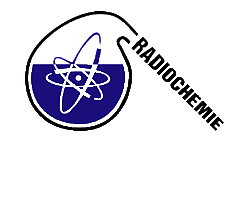Speaker
Dr
Lee Joung Hae
(Korea Research Institute of Standards and Science)
Description
As the toxicity of certain element depends very heavily on their physico-chemical form, it is important to be able to monitor levels of the individual species. Arsenic occurs everywhere in the environment in various forms, including trivalent and pentavalent states, inorganic and organic compounds. In general, pentavalent arsenic is considerably less toxic than trivalent arsenic; inorganic arsenic is more toxic than methylated and other organo-arsenicals. Arsenic speciation in food and dietary supplements is essential in order to provide a meaningful assessment of exposure due to differences in toxicities of the chemical forms.
In this study, ion chromatography has been coupled with mass spectrometry to quantitatively determine arsenic species in Korean marine samples
We made use of Inductively Coupled Plasma-Mass spectrometry as a sensitive elemental detector in combination with a selective separation technique such as ion chromatography provides information on the chemical form of arsenic compound in some samples.
The standard seven arsenic species of Arsenite (As3+), Arsenate(As5+), AsC (arsenocholine), DMA (dimethylarsinic acid), MMA (methylarsonic acid), AsB (arsenobetaine) and TMAO (trimethylarsine oxide) were separated with chromatographic methods, then the arsenic species were selectively detected by ICP-MS.
Various extraction procedures were also investigated using reference materials to evaluate the extraction efficiency of the different arsenic species in Korean marine samples
Primary author
Dr
Lee Joung Hae
(Korea Research Institute of Standards and Science)
Co-authors
Mr
Min Hyung-Sik
(1Korea Research Institute of Standards and Science)
Prof.
Nam Sang-Ho
(Mokpo National University)
Mr
Oh Hae Joon
(2Mokpo National University)

